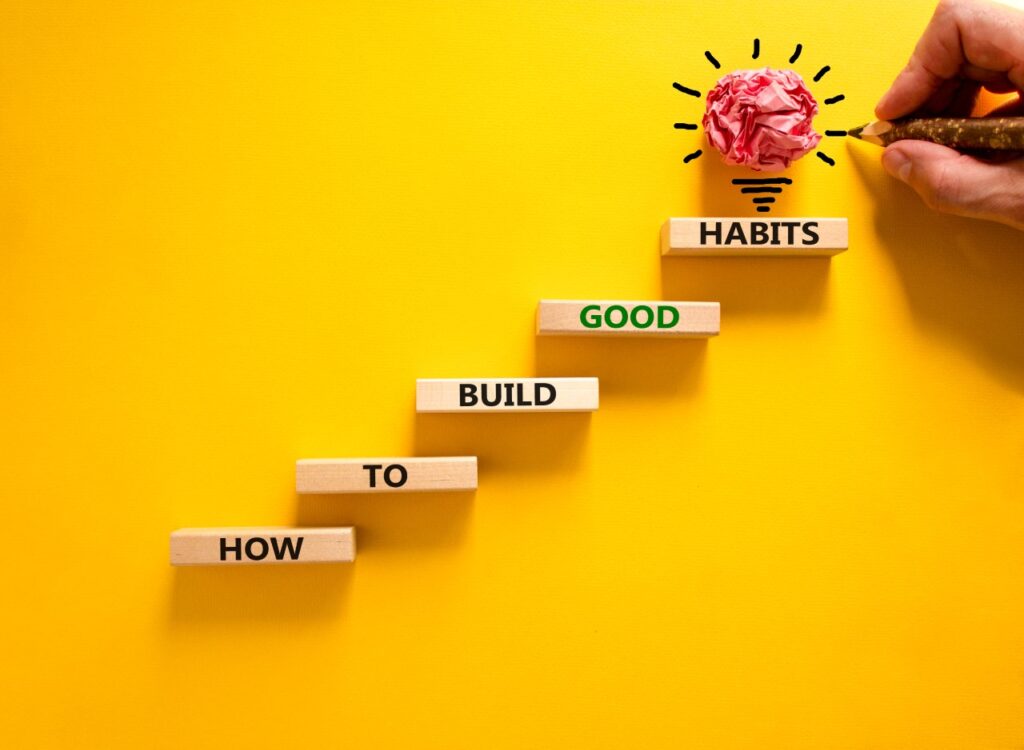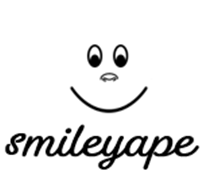Last updated on November 22nd, 2024 at 09:24 am

I’m sitting at a Café Nero at London Heathrow airport waiting for my 21.30 flight to Manchester this evening.
After a few weeks abroad on holiday – only having retuned a few days ago, I find myself back at the airport. But this time, no sunny shore awaits me. Quite the opposite. I will be welcomed with the grey ambience of the great north. And you know something, that’s fine by me. After two weeks basking in 40c heat, a little grey peppering into my evening is a comforting thought.
It’s in this type of weather I feel most at home.
My nostalgia begins to flow. Like a song that triggers a memory, my thoughts begin to orientate more within, than without. I begin to self-reflect. Maybe because there’s just less distractions in the air. I feel the sun draws on exteriors to focus your attention to – like a still cloud in an otherwise blue sky. Whilst the rain causes me to rush. But this mundane grey afternoon begins to centre my zen.
Or perhaps it’s because that airports have a strange pull over me… forcing me to slow down and just see the world float by. Anyone else feel the same?
It’s a great place to people watch. And the more I do, the more I begin to question why people do what they do.
You have one category of people who’re the super organised – travel documentation in plastic folders. Then you’ve the super chilled slipper-wearing folk. The headless-chickens speeding past you, and then the amblers (I fall into this category), who just.. amble.
This introductory excerpt has little to do with the subject matter of this post which is – habits. But I felt some easing into this next read would be welcomed.
If you recall, within the post “Power of Visualisation” I had stated that a daily life is made up of habits on repeat.
Habits can largely belong to two categories, positive and negative. Much of the literature available to us on this topic of habits tends to focus on instructing us as to what “good” habits are, and how to implement them into our lives.
Here’s the thing – we already know what constitutes a good habit. Drink more water, 8 hours sleep, eat healthy, exercise, you get my drift. If we know what good habits are, why is it so difficult to implement them?
I have a habit of visualising my future state. The more I focus on this transcendent existence, the clearer it becomes. This clarity, although still fictional, introduces a certainty and strengthens my conviction to accomplish what I envisage. In a sort of profound way, it also leaves questions for me to answer.
It’s my honesty in which I answer those questions which will ultimately determine whether I will achieve what I want out of my future.
And that’s the punchline – do I want it bad enough?
Honesty is the best policy. When applied to ourselves, I find that an honest conversation with myself goes a long way. Words backed up with actions is the real acid test in determining whether I can utilise the short term to win in the long term. What you want out of your future will reveal what you need to do now to help you get there. The path from current state to future state shows what must be done to reach your chosen destination.
I can say that happiness is a state, not a destination. And though true, often I tell myself the narrative that my happiness depends on this, that and the other. The promotion at work, the house in the suburbs, the cool car.
All outputs as a result of inputs.
So what am I doing now to achieve each of these milestones? Is the person who I am now on track to achieve my wants?
I know too well my happiness isn’t dependent upon reaching these milestones. However, the requirement of achieving these goals requires focus, diligence, perpetual motivation, and drive. The implementation of these intrinsic characteristics in the here and now will ultimately prime me to achieve what I set out to.
These are BIG, AMBITIOUS, OPTIMISTIC behavioural changes. I could have a surge of energy to sustain this mindset one day, and maybe even the next, but sustaining that energy to mediate my drive will sooner or later diminish. And that’s the thing about anchoring big behavioural changes to outcomes – its unsustainable.
Not being able to sustain these changes will bring about inconsistency which will lead to a plateau. So how can we overcome this? I hear you ask. By..
Reframing our mindset to focus on the internal, not the external.
By changing our own identity to prove to ourselves we possess the characteristics needed to achieve our goals.
James Clear in the book Atomic Habits eloquently articulates this point by comparing goals vs systems – “forget about goals, focus on systems instead”. Goals are intricately linked to results, whereas systems are linked to processes. Good systems will allow you to surpass your goals, and ensures you do not plateau on the path to progress. Discipline to a system will accelerate your progress.
Sure, systems are less sexy than goals. But a system is what assures you to marginally improve each day. Remember, it’s all about that 1% of aggregated marginal gain.
A garden of greatness requires the nurturing of each single plant, with careful, consistent improvements. And the grass of that garden is greener than that of the other side 😉
A results-based outlook hooks our efforts only to an outcome, heightening our emotions in the process. In contrast, a systems-based outlook allows for continuity, whilst keeping us in-check and on-track.
Failing to prepare is preparing to fail.
When applied to goal setting, diligence in the preparation phase will lead to greater success, than negligence in that preparation.
Therefore, goal setting is all about habit-setting.
Simply replace goal with habit and you’re on your way. This orientation will naturally cause you to elicit an identity shift to. From seeing yourself as someone who would like to achieve your goal, you embody the type of person who becomes the goal. As Mr Miyagi said, “Inside you have strong root. No need nothing except what inside you grow”. Wax on wax off indeed 😊
A study conducted by Oyserman D. et al in 2007, researched the link between self-identification and motivation. In summary, people will behave in a manner in keeping with the identity they hold of themselves. According to Oyserman D. (cognitive behavioural Psychologist), and other leading experts in the field of identity, identities can be personal, including aspects of the self that make one unique. If you see yourself as someone who is prone to being late, probability is you will never try to be on time. If you see yourself as disorganised, you might not take much heed to decluttering your desk or making your bed in the morning. If you see yourself as someone who is overweight, you may never think about making conscious efforts to introduce healthy eating habits.
The identities we hold of ourselves Is the outcome of patterns of behaviour that overtime accrue enough currency to eventually form a perception we then hold to be true. Once an identify is formed, we seek to prove it to ourselves through a repetitive loop of habits that are congruent to the identity. Rather than breaking the boundaries of that identity by creating a new narrative.
For example, I’ve recently introduced intermittent fasting into my week. I will try to stick to the 16-8 rule which is fasting for 16 hours and eating only in the 8-hour window. I’ve trialled this from Mondays to Fridays. When someone at work will ask me about it, I’ll reply with, “I’m trying to lose weight”. Though that is true, my approach to my behaviour is based on an outcome-approach. I am intermittently fasting to lose weight. The problem with this approach is, it has short legs. However, if I simply tell myself I am a healthy person who makes healthy choices, I am more likely to be successful in my goal to lose weight because my actions will begin to reinforce this “health-conscious” identity I have of myself. That approach has long legs.
Through this reinforced narrative of being a healthy person, I will begin to consciously think about my diet. I will question whether what I am consuming is aligned to this identity or not. If not, it will be easier to say no, and if yes, it will be easier to say yes. Would a healthy person eat chips for lunch? No. Would a healthy person eat some fruit for lunch? Yes. Would a healthy person take the stairs? Yes.
The more behaviour traits that I demonstrate in line with my identity, the more proof and evidence builds up to eventually support the identity I have of myself. And once we create a new identity, we will always seek behaviour that supports that identity. And know, it is never to late to replace an old identity with a new one.
It’s been over 10 months since I started blogging. But I still don’t refer to myself as a writer, or a blogger. Only recently have I begun to talk about my blog, but still, I never allude to myself as a writer. Perhaps that’s why I struggle to maintain discipline. However, what I have found is that since I actively began to showcase my blog to work-colleagues, I feel an extra responsibility to publish content more consistently.
